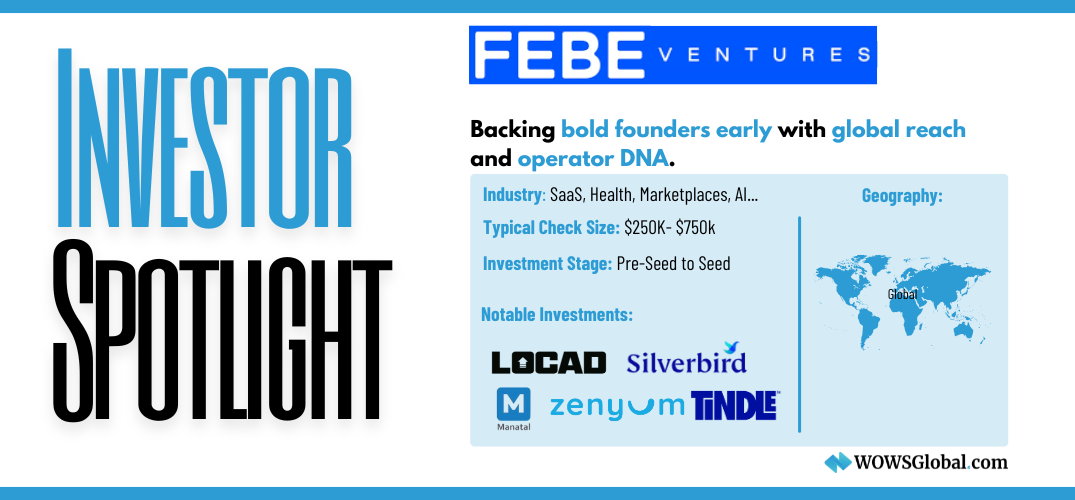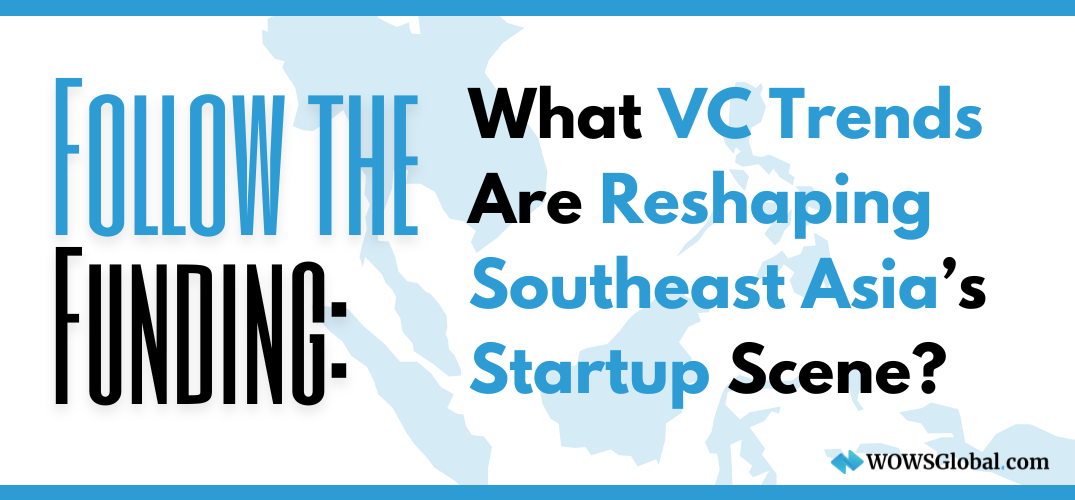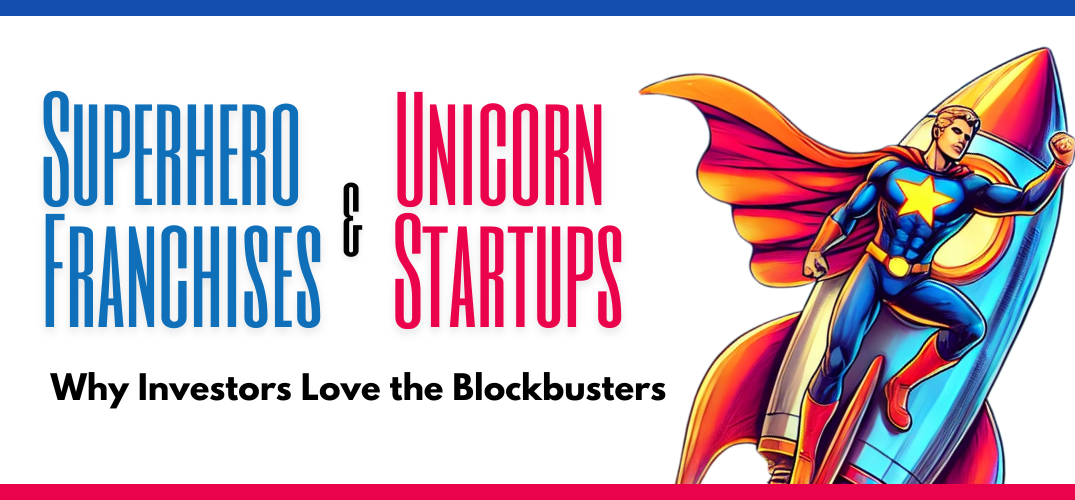Don't Screw Yourself by Giving Away Redemption Rights: A Cautionary Note for Startups
startups venture capital 5 minutes

As a startup founder, raising capital is a crucial milestone, but it comes with its own set of challenges and potential pitfalls. One of the most overlooked dangers in term sheets is redemption rights—clauses that allow investors to demand their money back after a certain period, often at a significant premium.
While this may seem like a fair request from investors looking for an exit, it can become a ticking time bomb for your business. Here’s why:
-
Cash Flow Pressure: Redemption rights can force your company to pay back investors when you might still be in a growth phase, potentially crippling your cash flow.
-
Investor Leverage: It shifts the balance of power in favor of the investors, giving them significant leverage to influence decisions that may not align with your long-term vision.
-
Hasty Exits: You may be forced to pursue an exit strategy prematurely, selling your company under less-than-ideal conditions just to satisfy redemption demands.
What to Do Instead?
- Negotiate: Aim for terms that align with the growth trajectory of your business. Propose alternatives, such as extended timelines or milestone-based repayments.
- Seek Advice: Engage with experienced legal and financial advisors who understand the nuances of such clauses.
- Be Selective: Not all capital is good capital. Ensure that your investors share your long-term vision and are not just in it for a quick return.
Remember, while fundraising is important, preserving your company’s future is paramount. Redemption rights, if not carefully negotiated, can be the hidden trapdoor that undermines everything you’ve worked so hard to build.
Stay informed, stay empowered, and always keep your company’s best interests at the forefront.
About the Author:
Gagan Singh is the CEO of WOWS Global, a Singapore headquartered Fintech platform connecting startups and investors. A Chartered Accountant with a strong background in corporate finance, Gagan was a founding team member and Group CFO of Deliveree, a B2B tech logistics platform, where he secured over $120 million in funding. He also served as Partner & CFO at Inspire Ventures, an early-stage VC, investing in high-growth startups across Southeast Asia.Connect with him on LinkedIn or visit WOWS Global to learn more.
Related Posts
-

VC SEA Startups Southeast Asia Early Stage 5 Minutes
Ansible Ventures: Backing Vietnam’s Next Generation of Builders
Ansible Ventures is a Vietnam-first, early-stage VC backing software-first founders at pre-seed to pre-Series A. See their thesis, notable bets, and how WOWS can connect you via warm, qualified introductions. -

Venture Capital FEBE Ventures Seed 4 Minutes
FEBE Ventures: Founders Backing Founders from Day One
More than capital, FEBE Ventures brings founder-first support, fast decisions, and real operational insight to early-stage startups across the globe. -

SEA 2025 startups 6 Minutes
Follow the Funding: What SEA’s 2025 Investment Landscape Reveals
Southeast Asia’s startup funding in 2025 is seeing a dramatic sectoral shift: while total capital is down 87%, AI and SaaS startups are booming, and traditional sectors like logistics, foodtech, and health are freezing. Here's what founders and investors need to know. -

Venture Capital Founder Startup Funding 6 minutes
The Founder-Turned VC vs. The Non-Founder VC – Two Species in the Venture Jungle
Venture capitalists come in all forms, but two stand out: the battle-tested Founder-Turned VC and the strategic Non-Founder VC. Learn how their distinct approaches to risk, pivots, and due diligence shape their partnerships with startups and find out which one is the right fit for your journey. -

Startup Funding Venture Capital VC Red Flags 5 Minutes
Don’t Accept VC Money If You See These 5 Red Flags in a Term Sheet
A term sheet sets the tone for your startup’s future, but not all deals are created equal. Learn the five red flags you should never ignore when negotiating VC funding to protect your vision and equity. -

Startups Venture Capital Unicorn Startups 5 minutes
Superhero Franchises and Unicorn Startups: Why Investors Love the Blockbusters
What do superhero franchises and unicorn startups have in common? Investors love them for the same reason—they’re scalable, high-impact, and built for long-term success. Learn why your startup needs an origin story, a killer team, and the potential to create a universe of opportunities in this blockbuster blog from WOWS Global.
